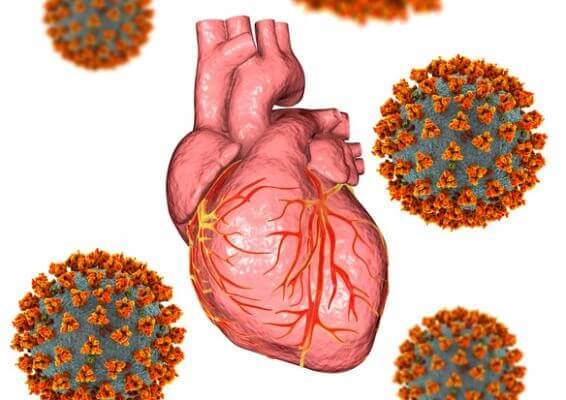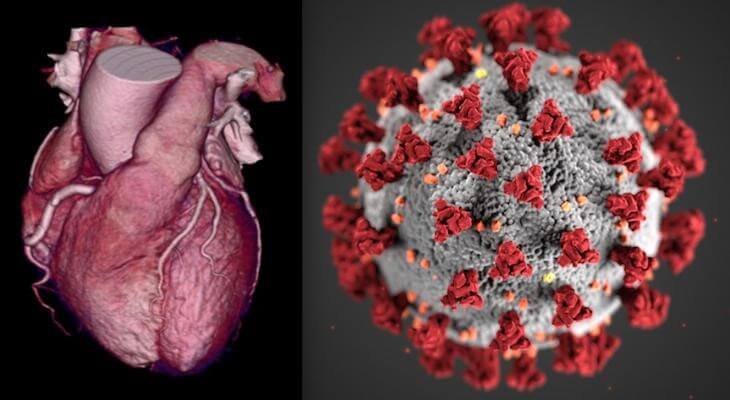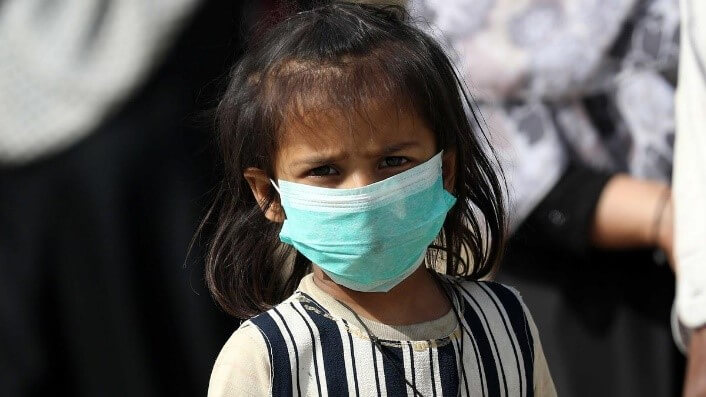The COVID-19 pandemic: A Focus on Pediatric Patients
September 8, 2021 | Contributed by Dr Aishwarya Raghuraman
It really hits hard when you realize that December 2021 will mark two years of the ongoing COVID-19 Pandemic. And it’s been a rough two years, to say the least.

With each subsequent wave easily drowning our medical facilities and threatening to turn into a tsunami, this pandemic has brought outsome of the greatest qualities of mankind and in particular one– our resilience. The last two years have been a mental, physical and emotional challenge for all of us, irrespective of which corner of the world we’ve been in. And when adults are unable to cope, one can only imagine the stress and strain on the little hearts of children, literally and figuratively.
The Covid-19 pandemic has changed us
The pandemic has brought about revolutionary changes in the way non-emergent patients were seen – teleconsultations and the use of mobile applications has gradually become the mainstay in daily medical practice, including pediatric cardiology departments, as well as others.
This mode of consultation is effective and contactless, with respect to the social distancing measures and travel restrictions, and may even prove to be a huge boon in the future as well. Connecting patients with practitioners all over the country, even in resource-limited regions through phones and video calls, the pandemic has jump-started our medical digital revolution.
An excellent example for such digital transformation is the Neoport App. In February 2021, with support from Oracle, Genesis Foundation oversaw this life-saving innovation. Developed by Amrita Institute of Medical Sciences, Kochi and Lattice Innovations Pvt Ltd, the mobile application monitors the condition of new-born babies with complex Congenital Heart Defects while they are being transported between periphery hospitals and Amrita Institute which is known as a “blind”. This results in poor clinical state when the baby arrives at the hospital impacting the final outcome. The NeoportApp allows real-time information – heart rate, respiratory rate, temperature, blood glucose and oxygen saturation, real-time communication, checklists for teams, GPS tracking & scoring for doctors to be well prepared.
Impact of Covid-19 on Congenital Heart Diseases
Since the start of the pandemic, children with Congenital Heart Diseases (CHD) are being studied for the impact of Covid-19. There has been ample speculation about the resultant effect of the virus on heart defects.
But does having a congenital heart disease mean being at a high risk of getting Covid-19?
Children with congenital heart diseases, based on research till date, do not appear to fall under the ‘high risk’ category to develop severe COVID -19 infection. Although, a certain subset of children with CHD seem to be at a greater risk:

- Children with unoperated congenital heart defect
- Children with complex congenital anatomy like hypoplastic left heart syndrome
- Children with cyanotic CHD like Tetralogy of Fallot (where oxygen saturation <85%)
- Children with associated Pulmonary Hypertension (high blood pressure in the lungs) due to underlying CHD
- Children with associated genetic defects like Down’s, DiGeorge syndrome and Patau Syndrome
- Children post congenital heart disease surgeries or heart transplantation
- Adults with undiagnosed congenital heart disease like Ebstein’s Anomaly
In a country like India, where a vast majority of children with CHD remain unoperated, untreated, or undiagnosed, the possibility of a severe SARS-CoV-2 infection still remains high.
How can children with congenital heart diseases be protected from COVID-19?

- The best way to protect young hearts from getting infected with COVID 19 is to mask up. Be it children, adolescents, adults – wearing a mask confers greatest protection to you and everybody around you.
- Being in regular contact with your child’s doctor, and following their advice regarding teleconsultations, in-office visits, procedures and surgeries.
- Most patients with congenital heart disease can safely attend school if appropriate measures like social distancing and wearing of masks are followed, once they reopen.
- For adults with congenital heart disease, it is advisable to work from home when possible, it is also reasonable to be able to work in person, if the workplace follows the social distancing guidelines and mask mandates.
- It is advisable to look out for the COVID vaccination guidelines for children, and consult with your practitioner before getting the vaccine for your child.
As a doctor, I can understand how overwhelming so much information feels at times, but for me Genesis Foundation keeps the hope alive. Whether it’s 42 days old, Ayisha who is the youngest baby in Kerala to undergo Ectopia Cordis Repair surgery, which is a rare Congenital Heart Defect or Shiv, who is the lightest baby to undergo Patent Ductus Arteriosus Device Closure, weighing only 900 grams. These children overcoming all obstacles, and reclaiming life with all its challenges is the positivity we all need after all!

